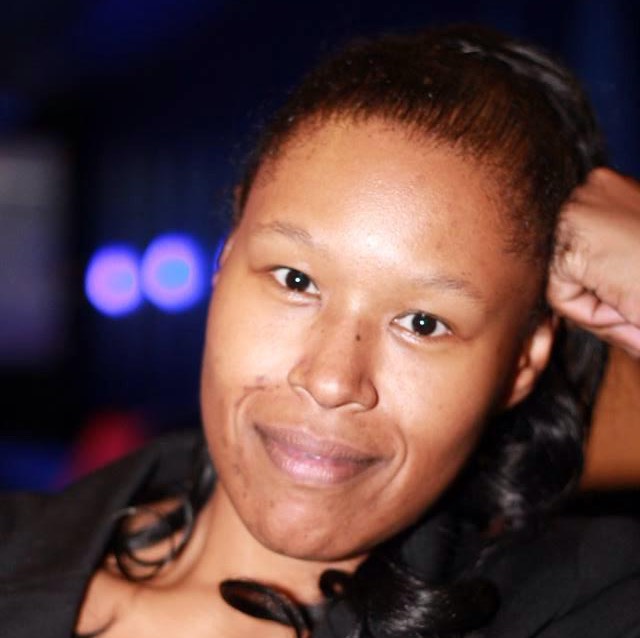In the spirit of Black History Month and elevating Black experiences, the OAC wanted to highlight a few of our members and volunteers this month and give them a platform to share their stories.
The below perspective is written by Nikki Massie, MA – OAC National Board Member, Chair of the Inclusivity and Diversity Task Force, and Co-Chair of the Membership Committee.

Have you ever just known someone is staring at you? Or that they are thinking something bad about you? Or judging you in some way? Sure, you have. We all have. But one of the most frustrating things in my experience is when this happens – and I know in my soul that it happens – because I am black.
Implicit bias is harmful, but on a more practical level, it’s maddening because it’s not the kind of bias that is easily provable to someone who doesn’t believe in it. I have never been told by a healthcare provider that they see me differently because of the color of my skin. Yet when I read about some of the ways research has found bias in healthcare, I can match those up to actual experiences in my life.
For example, research has suggested that many healthcare professionals have biases when it comes to black people and pain. Some believe black people to have a higher pain tolerance than other groups and some associate black people with substance abuse. I have experienced several incidents in healthcare where either my pain or my use of prescribed pain medications has been called into question without basis.
And again, while I cannot prove that those incidents had anything to do with the color of my skin, harrowing contemporary experiences come to mind, like that of Dr. Susan Moore, of Indiana, who died in an emergency room just last year of COVID-19 after her pain and symptoms were minimized by fellow medical doctors.
In 2008, I underwent gastric bypass surgery as a treatment for my obesity. Before then, I largely avoided healthcare because of judgment I felt I would face because of my size. Put together with implicit bias on race, I think my pre-surgical self had reason to take pause.
These days, I have learned to be a better advocate for myself. With the help of the Obesity Action Coalition (OAC), I have learned more about obesity as a disease. I’ve learned about treatment options. Within the safe walls of the OAC Community, I was embraced and assured that I have the right to access care. I am thankful for this community and all that it has done for people living with obesity.
I am equally proud and humbled to lead the OAC’s Inclusivity and Diversity Task Force. Our goal is to ensure that there is a place for everyone at the OAC, and that we are listening to all voices so that we can truly be the voice of people living with obesity.
